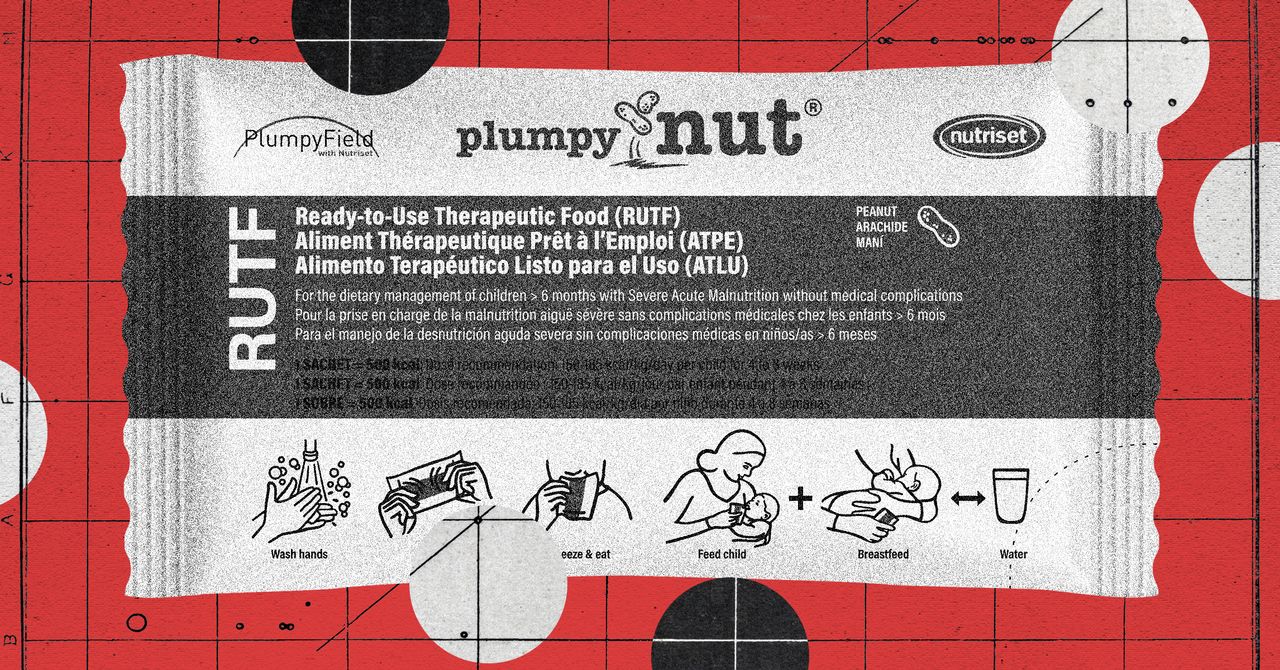Blog
What NOT to Do If a Food Has Been Recalled

- Food recalls inform the public that a food item may be contaminated or unsafe to eat.
- Don’t panic—just follow the instructions of the recall and never consume the recalled food.
- In many cases, you can return recalled items to the store for a refund.
Food recalls can be alarming, especially when they make the news. A food recall occurs when a company identifies that a food product may be contaminated or mislabeled and removes it from the market. While there are many reasons for recalls, one of the most serious is risk of foodborne illness caused by contamination with bacteria or viruses. Getting sick from contaminated food is unpleasant, often causing gastrointestinal symptoms like nausea, vomiting and diarrhea—and, in some cases, it can even be life-threatening. Other reasons for food recalls include contamination or incorrect labeling, which is especially concerning if the product contains food allergens or ingredients people need to avoid.
Fortunately, food recalls are taken very seriously and companies must take appropriate action to protect public health. If you think a food in your kitchen has been recalled, it’s important to avoid these common mistakes.
1. Don’t Panic
If you see a news article or story that mentions a food recall—like strawberries—don’t assume they’re all affected. Food recalls are highly specific, often limited to certain crates or batches. According to the U.S. Department of Agriculture’s (USDA) policies for recalls, manufacturers must notify consignees, such as grocery stores, restaurants and other food suppliers. These consignees then use various methods to inform the public, including social media, the news or a notice at the point of purchase.
Recall notifications usually include the food item or brand, batch numbers and important dates, such as production or sales period. By staying calm and comparing the recall details with the items you purchased, you can determine if your food was affected—and, if it is, take the necessary actions to stay safe.
2. Don’t Ignore the Recall
While the chances that food in your home will be recalled are relatively low, if you see a recall of a product you use in your household, don’t ignore it. Do your due diligence and look into the recall. Follow the information provided or go to FoodSafety.gov and visit the recalls and outbreaks page. The U.S. Department of Agriculture (USDA), U.S. Food and Drug Administration (FDA) and Centers for Disease Control (CDC) also have lists and instructions for recalls. Look for the Universal Product Code (UPC), a number that indicates exactly what products are being recalled and follow any other directions they provide.
As an added precaution, the CDC recommends that you clean any surfaces that may have come in contact with recalled products. Make sure to clean all cookware and utensils, and wipe down counters and fridge or pantry shelves using a sanitizing solution or diluted bleach solution (1 tablespoon unscented liquid chlorine bleach in 1 gallon of water).
3. Don’t Taste Products
Although recalls are often done as a precaution, it’s never a good idea to eat a recalled product—even to “check it.” Contaminants aren’t always easy to detect by taste, and even a small amount can cause harm. For those with allergies, it’s especially risky to expose yourself to potential triggers.
Avoid opening the recalled product altogether. Smelling it may also be dangerous, and an open product increases the chance that someone might accidentally consume it. After discarding the product, be sure to wash your hands with soap and water.
4. Don’t Rush to Throw It Away
Always follow the specific instructions in a recall to properly dispose of the affected product. While some recalls may simply advise you to throw out the food item, others involve contaminants that may be harmful to animals or people who come into contact with your trash.
Never donate or give away recalled items—even if it’s recalled due to something like a potential allergen that doesn’t affect everyone. This applies to feeding the product to pets, who can also get sick from contaminated food.
5. Don’t Skip the Refund
Frequently, recall instructions will ask you to return the item to the point of purchase—like your grocery store—so that it can be properly documented and disposed of. In most cases, this also makes you eligible for a refund.
With the prices of groceries on the rise, getting your money back can make a difference. It also helps stores track and manage products more effectively.
The Bottom Line
While food recalls can be scary, it’s important not to panic if you see that a food you purchased has been recalled. Instead, check an official source to confirm the exact product that’s being recalled. If it’s the one you have, follow the instructions for proper disposal or return. When in doubt, it’s best to play it safe and not consume the product.












